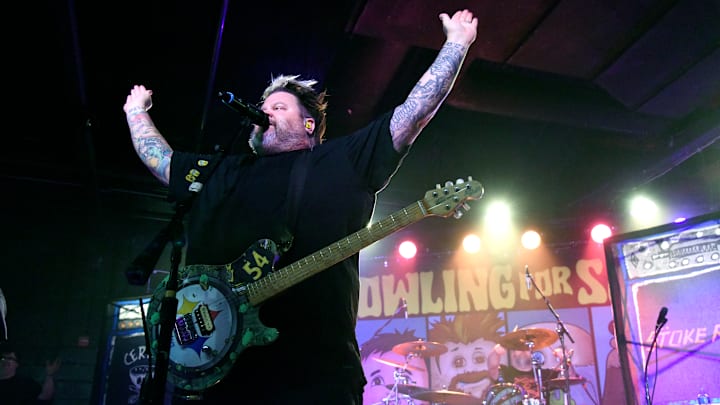ANGEL FROM MONTGOMERY – Bonnie Raitt, 1974
Bonnie Raitt first recorded “Angel From Montgomery” for her Streetlights album in 1974. She was 25. She recorded her most recent version for a tribute album to the song’s writer, John Prine, after his death in 2021. She was 72. The song was the same, but the singer had changed.
The opening lines – “I am an old woman – Named after my mother” – took on a deeper meaning when sung by the older voice. Raitt was a critical darling from early on but she didn’t really have any hits until the early ‘90s. Streetlights didn’t sell very well, but “Angel From Montgomery” became her first signature song.
Prine had recorded it three years earlier on his debut album. Like Raitt, he was in his mid-20s when he wrote and sang it. That first album – with its sensitive portraits of those beaten down by life (“Sam Stone,” “Hello In There,” in addition to “Angel…”) established him as one of the best songwriters in the country, a title he held right up until his death. It’s hard to think of a better example of a brilliant songwriter finding the perfect voice to sing one of his best songs.
I LOVE ROCK ‘N ROLL – Joan Jett, 1982
Joan Jett’s first and only number-one record hit the top spot just as Spring was dawning in 1982, and it remained there almost until the Summer came. By this point, Jett had survived her years working with the Runaways under Kim Fowley and had recently put together the Blackhearts, drawn from the LA rock and punk scene. A year earlier, recording under just her name, Bad Reputation had come out. She credited the Blackhearts on the follow-up and the band exploded.
“I Love Rock ‘n Roll” was originally recorded by a minor British glam band called the Arrows in 1975. Their version sounds like a proficient college band. The drums and guitar are there, but there’s not all that much fire in the delivery.
Joan Jett can’t do anything without fire. The drums are bolder – the guitar is deeper – and her voice – her voice tells you she is not screwing around here. This boy was definitely going to be “with me – yeah, me.” The transgressiveness of switching genders, so that the underage target in question was a boy instead of a girl, only added to the swagger. Today, that song wouldn’t be released until you changed the age from seventeen to eighteen.
